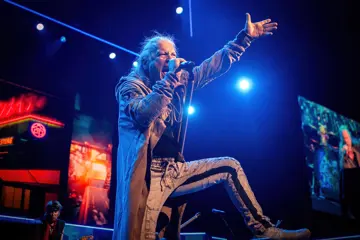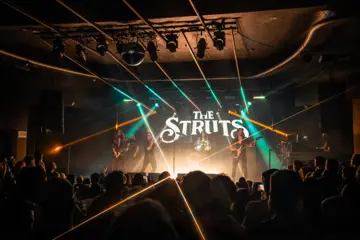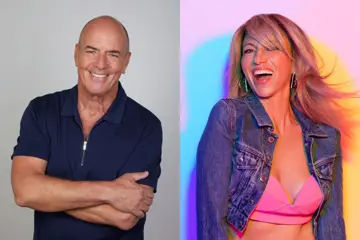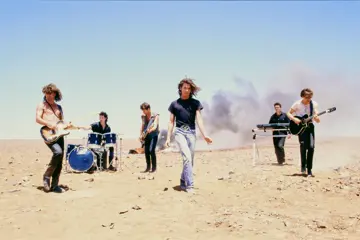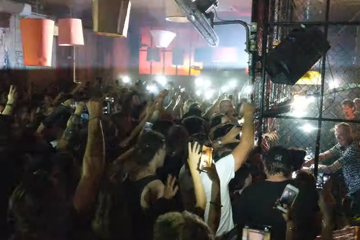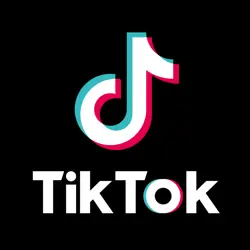 TikTok
TikTokTikTok is testing a new feature that lets users harness the power of artificial intelligence to craft their own songs – aptly dubbed the ‘AI Song’ tool – except at least for the time being, it’s an absolute trainwreck.
READ MORE: TikTok Enters The Streaming Game With TikTok Music – Here’s Our Review Of The Beta App
As reported by The Verge, TikTok’s AI Song tool generates original songs from text prompts loaded in by users, with its algorithm based on the large language model BLOOM (BigScience Large Open-science Open-access Multilingual Language Model).
First launched in November 2022, the BLOOM is described by BigScience – itself an “open science project composed of hundreds of researchers around the world” – as a “176 billion parameter language model trained on 46 natural languages and 13 programming languages”.
To utilise the AI Song tool, TikTokers are prompted to write lyrics into a post, which can then be set to original music in a variety of customisable genres. In a statement given to The Verge, a spokesperson for TikTok confirmed that the music itself comes from “a pre-saved catalog created within the business”.
Don't miss a beat with our FREE daily newsletter
Despite the name implying as such, the spokesperson noted that TikTok’s AI Song tool is “not technically an AI song generator”, and although it’s currently being tested with public-facing users, the feature’s name is “likely to change” before it’s launched as a readily accessible feature of the app. “In essence,” they said, “it pairs the lyrics with the pre-saved music, based on three genres: pop, hip-hop, and EDM.”
Early tests with the AI Song tool have proved disastrous, to say the least – TikTok’s virtual “singers” are ostensibly incapable of staying in tune, and they can’t quite grasp the sophisticated concept of syllables (which seems like a pretty crucial element of songwriting). A clubby pop song created by user Kristi Leilani, for example, shows how rough the AI Song tool is in this early phase of its rollout.
@kristileilani What is TikTok AI Song? The new experimental feature, powered by the Bloom LLM, lets creators generate unique songs and lyrics for videos and photos. 🎧 #tiktoknews #newfeature #generativeai #aimusic #aimusicvideo #tiktokai #tiktokaisong #bloom #llm #macinelearning #whatisit #testing
♬ I'm an a i - Kristi Leilani
TikTok itself acknowledges that its AI Song took is far from perfect – in an info packet shared by user Jonah Manzano, the company notes that “lyrics generated using [the BLOOM model] may contain mistakes, and lyrics generated for you may also be generated for others using the same feature”.
It comes with some rules, too – users can’t use AI Song in any way “that violates international, national, federal, state, and local laws or regulations”. Knowing TikTok, some particularly savvy users will most definitely find a way to break those rules.
Following last year’s launch of the dedicated TikTok Music platform, the ByteDance-owned company has made huge waves in the music industry. Last September saw Billboard launch an official chart for songs that go viral on the platform, and in December, TikTok expanded its groundbreaking partnership with Ticketmaster with deals for over 20 new countries (including Australia).
Artists themselves are mixed on TikTok: Matt Corby says the trend of artists going viral on the app is “fleeting”, for example, and Green Day hold the view that finding new music via apps like TikTok is “lazy” – but Kylie Minogue welcomes the artistic challenges that TikTok poses, and last February, Snoop Dogg partnered with TikTok as the exclusive host of the Death Row Records catalogue.


